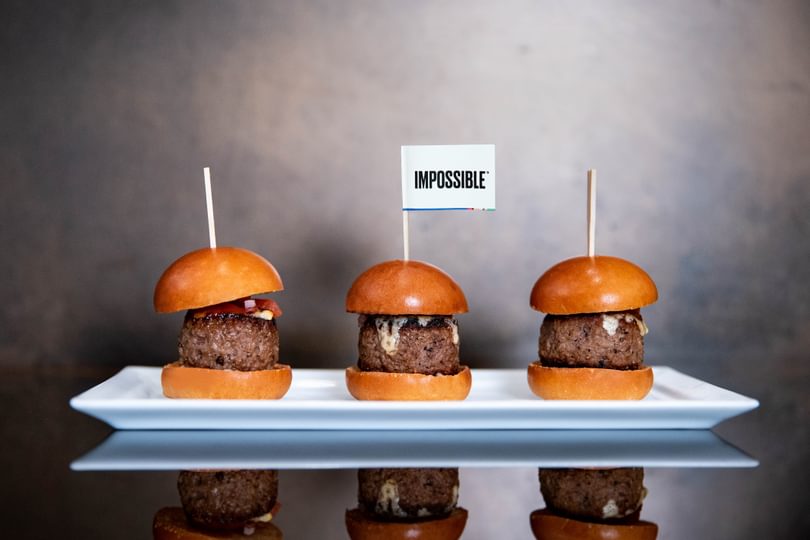
A growing middle class in the developing world, as well as increasing concerns about the healthfulness, environmental footprint and inhumaneness of conventional livestock production have given rise to neo-Malthusian concerns about how to address what seems insatiable demand for protein.
While some have doubled down on calls for reducing meat consumption, so far the most visible response has been a huge wave of innovation in a variety of what are now being called “alternative proteins.” Designed to capture the “flexitarian” market, these include insect-based foods, protein-rich “superfoods,” simulated plant-based meat and dairy substitutes, and cellular/bioengineered meat.
Their rapid development begs two crucial questions, however. How did protein become the macronutrient of concern to begin? Will protein’s new substantiations be any more nutritious and ecological than that which it substitutes? In this talk, Guthman will elaborate on what is being done in the name of protein and provide provisional answers to these questions.

Professor Julie Guthman
Professor of Social Sciences
Julie Guthman is a Professor of Social Sciences at the University of California, Santa Cruz, where she teaches multiple courses on the politics of food and agriculture. She holds a PhD in geography from UC Berkeley.
With a research emphasis on the conditions of possibility for food system transformation in the US, her prior publications include two multi-award winning monographs, an edited collection, and over forty articles in peer-reviewed journals. Her latest book, Wilted: Pathogens, Chemicals, and the Fragile Future of the Strawberry Industry (University of California Press) was just released in summer of 2019. Her research and writing has been supported by the National Science Foundation, the USDA, the John Simon Guggenheim Foundation, the Radcliffe Institute for Advanced Study, and the Rockefeller Foundation Bellagio Center.
In addition, she is a recipient of the Excellence in Research Award from the Agriculture, Food and Human Values Society. She is currently heading up the AFTeR Project, a multi-campus collaboration of the University of California exploring how the emerging Food Tech and Ag Tech sectors are taking shape, what problems they aim to solve, and what kind of food system futures they envision.
Keep in touch
If you found this page useful, sign up to our monthly digest of the latest news and events
Subscribe